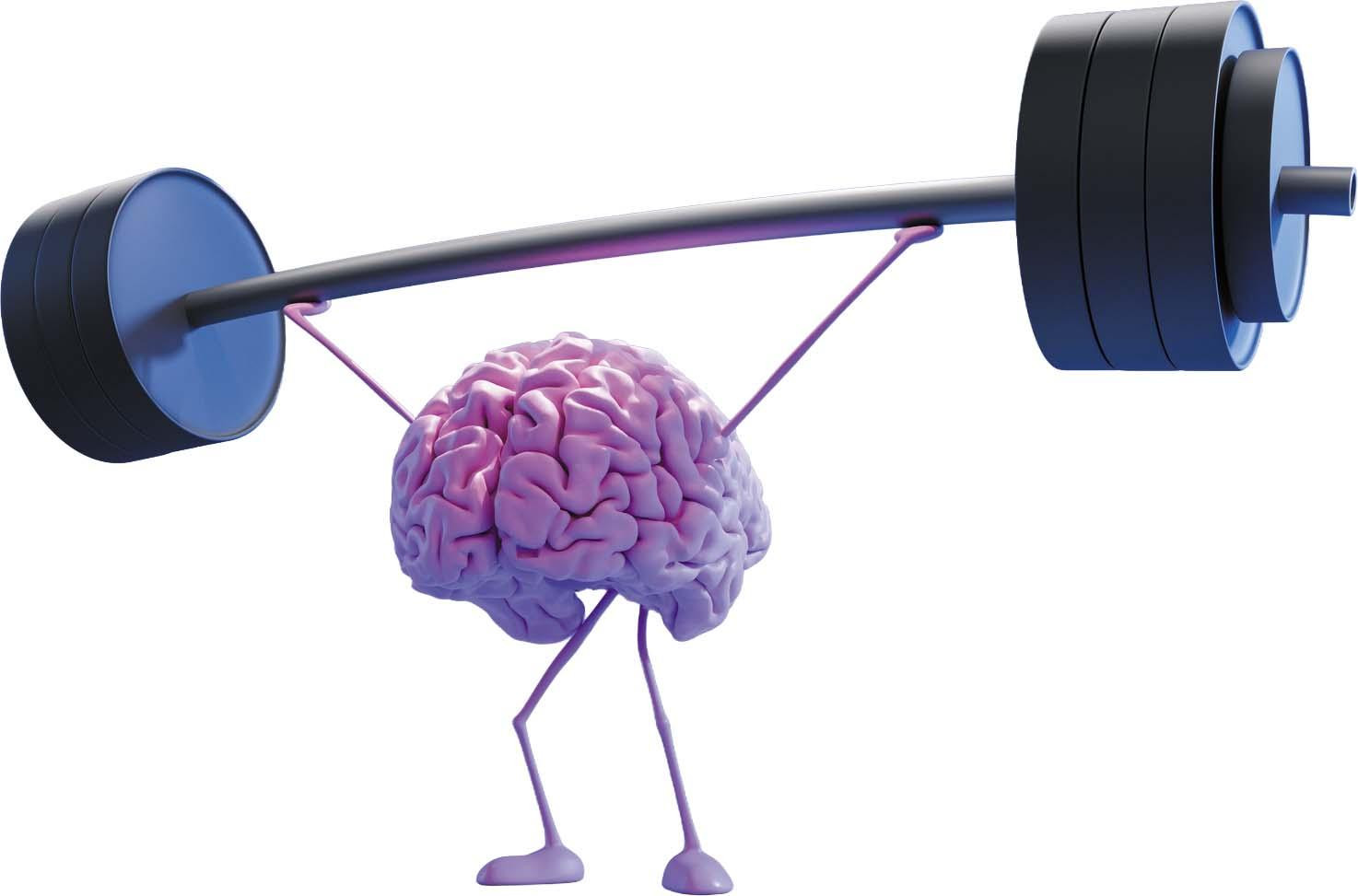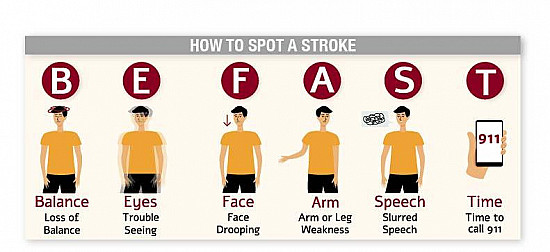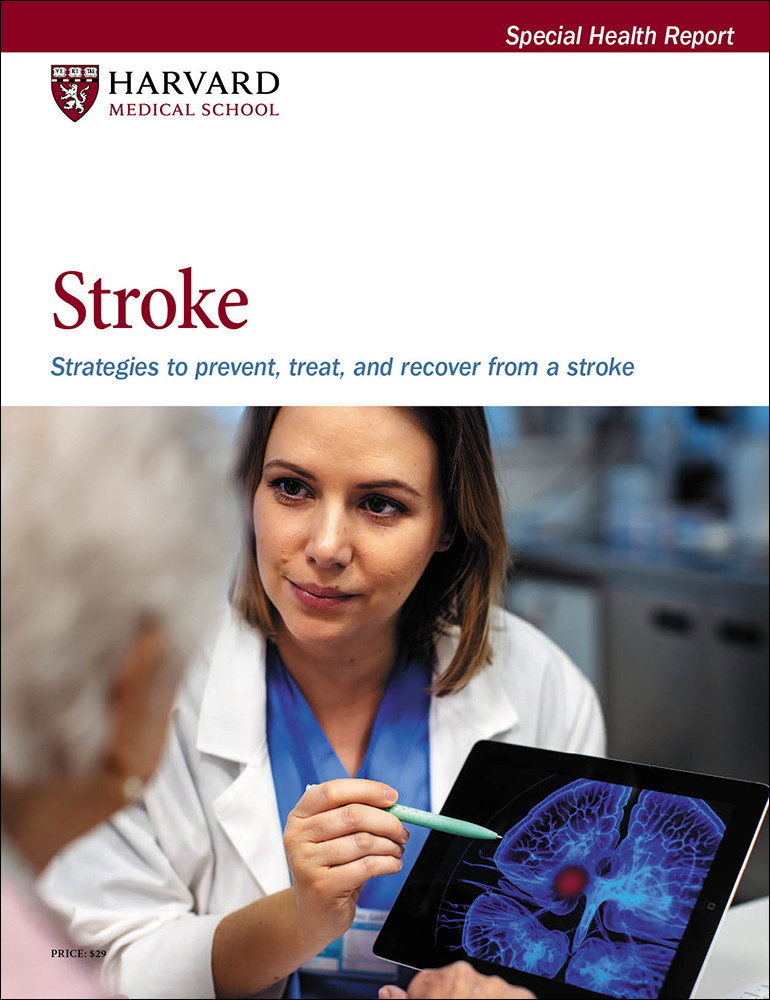Stroke odds lower for women with higher brain health scores
Research we're watching
- Reviewed by Toni Golen, MD, Editor in Chief, Harvard Women's Health Watch; Editorial Advisory Board Member, Harvard Health Publishing; Contributor

Researchers used data from more than 21,000 women (average age 58) to calculate the McCance Brain Care Score for each. The score, which ranges from 0 to 21 points, incorporates 12 modifiable risk factors to predict someone’s risk of stroke, dementia, or depression. Factors include physical components such as blood pressure and body mass index; lifestyle components such as diet, smoking status, and sleep; and social and emotional components such as relationships and stress. After adjusting for age, menopausal status, and other cardiovascular risk factors, the researchers found that women with brain care scores equal to or above average were 28% less likely to have a stroke than participants with below-average scores. The results reinforce how optimizing daily habits can help prevent devastating brain problems, the study authors said. One in five American women ages 55 to 75 is expected to experience a stroke.
To continue reading this article, you must log in.
Subscribe to Harvard Health Online Plus (HHO+) to unlock expert-backed health insights, personalized tools, and exclusive resources to feel your best every day.
Here’s what you get with your HHO+ membership:
- Unlimited access to all Harvard Health Online content
- 4 expertly curated newsletters delivered monthly
- Customized website experience aligned to your health goals
- In-depth health guides on topics like sleep, exercise, and more
- Interactive features like videos and quizzes
- Members-only access to exclusive articles and resources
I’d like to subscribe to HHO+ for $4.99/month to access expert-backed content to help make smart, informed decisions about my well-being.
Sign Me UpAlready a member? Login ».
About the Author

Maureen Salamon, Executive Editor, Harvard Women's Health Watch
About the Reviewer

Toni Golen, MD, Editor in Chief, Harvard Women's Health Watch; Editorial Advisory Board Member, Harvard Health Publishing; Contributor
Disclaimer:
As a service to our readers, Harvard Health Publishing provides access to our library of archived content. Please note the date of last review or update on all articles.
No content on this site, regardless of date, should ever be used as a substitute for direct medical advice from your doctor or other qualified clinician.
















